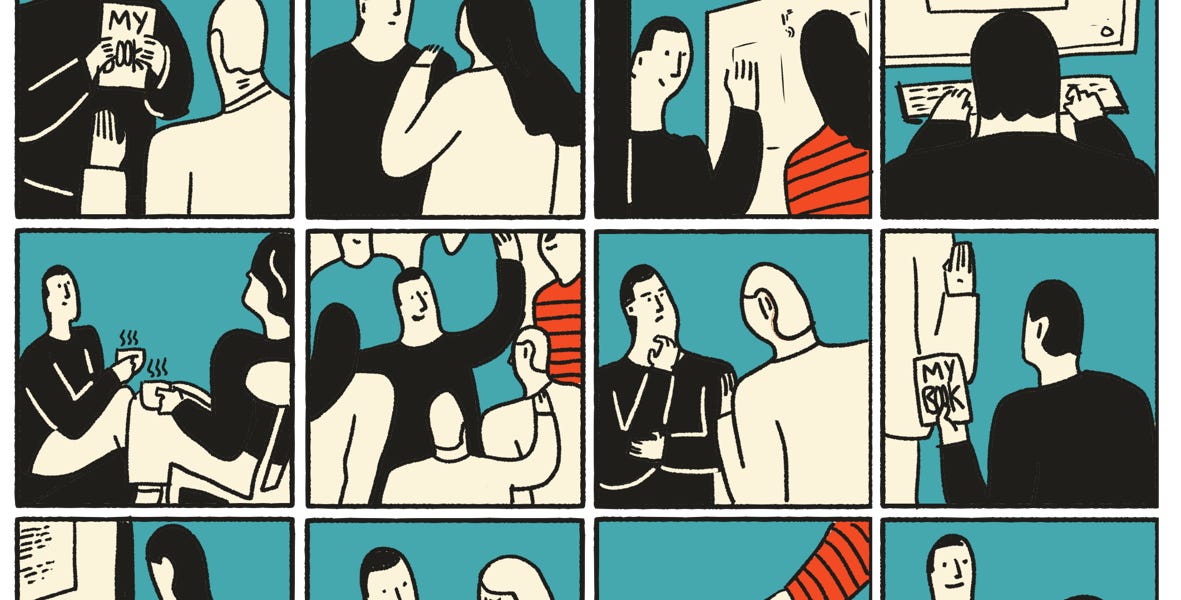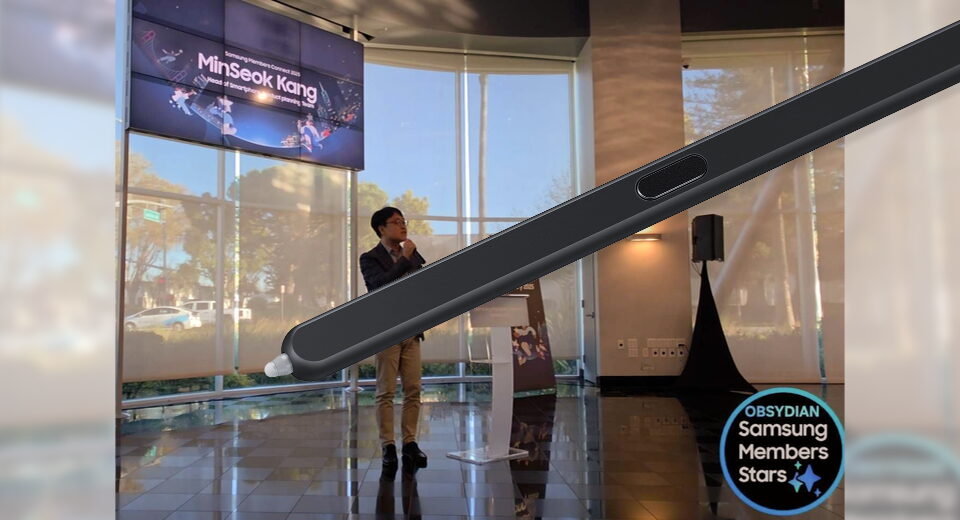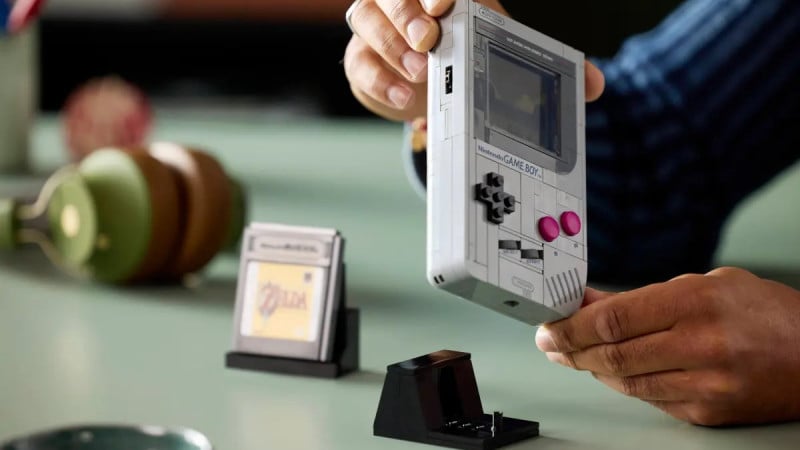How to increase your surface area for luck


This post is an excerpt from my forthcoming book (and builds on a couple of paragraphs in my original post on agency). I’ll be running a few excerpts here in the coming months, in hopes of getting feedback on the kinds of content people are excited to see in the book (which is a signal about what to expand or scale back). Let me know what you think!
One distinguishing feature I’ve noticed among people who are unusually successful is that they just try a lot of stuff — socially, intellectually, professionally. It’s the rate of experimentation, the number of shots on goal, that provides the magic, not the percentage of successes, which might be very low at first.
It sounds stupidly simple, but it’s profound: the more times you interact with the outside world, the more chances you have to get lucky — to find the collaborators, friends, and projects that, together, provide the right soil for you to bloom in.
Conversely, people who move more slowly through life tend to get fewer shots on goal and have longer feedback loops. Perhaps they work privately on creative projects that they don’t show to anybody for months or years, or they stay in a relatively contained peer group for a long time time without mixing it up.
If someone is trying to figure out what to do with their life, and they’re meeting with 1-2 interesting strangers per day, then all things being equal, I’m inclined to bet on them; if they’re meeting 1-2 people per week, I’m inclined to think they are going too slowly, and aren’t likely to hit escape velocity.
So, what’s the most efficient and direct way to go about this? How do you figure out who the key people are, and ensure you meet them?
I think this is something you can’t really undertake with that kind of attitude. Some goals have to be approached like gardening. You can’t force plants to grow, you can only engineer the conditions in which they’re likely to flourish, and trust that the results will come.
Making your own luck is like this: As Steve Jobs put it, “you can’t plan to meet the people who will change your life.” However, you can still increase your skill at being lucky. Much like skilled gardeners tend to produce lush gardens, skilled cultivators of luck tend to “randomly” accrue dense interpersonal networks.
What does skilled luck cultivation look like?
Operate from a place of genuine curiosity
Talking to people without an end in mind other than satisfying your own curiosity is the slow way that is the fast way. People love to talk about what they’re interested in, and by extension love to talk to people who are genuinely curious about the things they’re interested in.
After a dozen inquisitive conversations with people in a given field, you will already have the beginnings of a good network, as well as lots of knowledge you could never accrue in a formal learning setting. Talk to a dozen engineers working in AI labs and you’ll know more about what’s happening at the frontier of AI development than you could garner from a million thinkpieces or tweets. Remember that at any time, the latest information in a field won’t be written down.
Of course, not all conversations will be helpful. Some meetings will be a waste of time. There’s really no way to know in advance whether someone will be fun to talk to, or helpful, or informative. When I look back on the meetings that have been the most professionally consequential for me, nearly every one of them was one I almost bailed on because I was busy or feeling shy and there wasn’t an obvious benefit to the chat.
This is an important point, and a recurrent theme throughout these tips: If you are withholding your energy for use only in those situations where you know an interaction will benefit you, you are not increasing your surface area for luck at all. You are already failing the assignment.
Thanks for reading Useful Fictions! Subscribe for free to receive new posts and support my dopamine habit.
Assume you’re always auditioning for a bigger role
Imagine that you were the chef of a Michelin-starred restaurant and, for some reason, you were assigned a shift as a regular brunch cook. You would probably perform unusually well, beyond the level that could be expected of a regular cook. Maybe there wouldn’t be anything categorically different from what an average brunch cook would do — there would just be an increase in caring, because to perform anything less than excellently would be embarrassing.
The winning move here is to start behaving like that chef when you’re just a cook. To assume that you’re aiming for a future that will hold you to a much higher standard, even if you’re not currently held to that standard. People who behave like this — who act as if they are already an admired success in their field — have a funny way of ending up there.
When I got asked to pitch in on some legal research on clinical trials over the holidays in 2021, I didn’t have much reason to believe it would turn into anything special. It was Christmas, I wasn’t being paid for it — I could have easily half-assed it and no one would have blinked. But instead I treated it as important, as if performing less than excellently would be embarrassing, and it led in quick succession to an offer to lead the clinical trial effort, and then to co-found a company.
The lesson here isn’t that every excess outlay of effort pays dividends immediately; it’s that people really notice when you show up despite it not being a matter of duty or obviously in your self-interest. And people remember it.
Give before you take
Another thing I’ve noticed about many people who’ve achieved outlier success: They are surrounded by people who they trust implicitly and who value loyalty and reciprocity. Essentially, their professional lives are one giant positive-sum game, where everyone is eager to do favors for one another.
I would put myself in the category of “partway there.” While I don’t have some huge high-trust mafia, I have built close professional ties over the last few years with some people I trust like family. I’d drop everything for them if they needed something, and I know they’d do the same for me. It’s hard to overstate the value of having connections like this, and a crowded network of such connections will make you practically invincible.
There’s only one way to start building this kind of network, which is to act with generosity towards others before you know whether it will be reciprocated. Generosity can be in the form of attention, e.g. being an unusually responsive conversational partner. It can be in the form of time, e.g. going out of your way to meet somebody where it’s convenient for them, or helping them out with small tasks. Or it can be in the form of resources — it’s really hard to go wrong with buying someone lunch.
Air your weirdness
It’s still under-appreciated how powerful it is to put your thoughts on the internet. Yes, even now, in 2025, when Substack is the hot social network.
In an imaginary world where God dropped me into the life of someone who didn’t have any professional connections, starting a blog is one of the first things I’d do. As it is, my Substack has made it much easier to hire at Astera — I’ve been surprised at how many promising candidates come to us through it, or mention it as a factor in why they took a job. My friend Ben Kuhn (an exceptional blogger) has written about experiencing the same thing in his time at Wave.
But of course, it makes sense: the best candidates are aligned with your values, and those are also the people who are going to enjoy your work the most. The writing doesn’t have to be spectacularly original or particularly literary, it just has to genuinely reflect who you are and what you’re interested in.
Host events
One way to increase serendipity is to throw parties or events, especially a regular series of get-togethers that’s low-pressure to attend. This can be extremely simple, like having acquaintances over for coffee on your stoop, or a casual meeting at a pizza place. You can do this if you know five people in your city, or five hundred.
In my experience, lots of people want more social interaction, but few are willing to initiate events, so it’s powerful to be the person who provides for that unmet need. Even when you have an established network, it’s a great way to densify the connections in your life. This is why I routinely host get-togethers even though I can get socially overloaded and frequently have to retreat to my room to recharge for a few minutes.
Unsure what to host? At the risk of losing my edge, I’m going to let you in on a secret: bagel brunch. My husband and I host them once a month, and they have become the cornerstone of our social life. You can feed dozens of people cheaply, it feels low-stakes to everyone involved, and there’s rarely any competition for people’s time early in the day on weekends. They are the perfect “put everyone on the list, get to know them later” event.
A period of lostness is a part of it
At the beginning of this process, it will feel artificial, like you’re socially flailing and trying too hard. Because you will be socially flailing, and trying too hard. Surely, you might think to yourself, everyone can tell that I don’t belong — sending out a bunch of cold emails, scheduling random meetings, asking a lot of questions. The whole landscape will be obscure to you. Some people who claim to be important will turn out not to be, and some people without any public presence will turn out to be extremely influential behind the scenes.
And then, something will start to change. You’ll make a couple of key contacts who will introduce you to their favorite people. (Some might refer to these key contacts as “friends.”) You’ll start to get a sense of who’s respected, who is a drama factory, who can be counted on and who’s flaky.
And then. And then what? I could give you an “after picture” of what the life of a well-connected person looks like. There are many enticing possible descriptions. But the magic of this whole process is that I have no idea what form your luck will take. I can’t predict what might happen, any more than I could’ve predicted that I’d end up here after emerging from rehab 4.5 years ago, with little more than curiosity and desperation. My imagination couldn’t have conceived of how rich my life could get if I really started making my own luck. The same is likely true of you.
Sign up to be notified when my book, You Can Just Do Things, is available for purchase.
Thanks for reading Useful Fictions! This post is free and I’d love for you to share it.
What's Your Reaction?
 Like
0
Like
0
 Dislike
0
Dislike
0
 Love
0
Love
0
 Funny
0
Funny
0
 Angry
0
Angry
0
 Sad
0
Sad
0
 Wow
0
Wow
0



![RDC : accords de paix ou ruée vers les minerais ? [Business Africa]](http://static.euronews.com/articles/stories/09/36/24/81/640x360_cmsv2_9f29b900-9627-5e16-a829-0b3d3bb82da2-9362481.jpg?1751981426#)

































